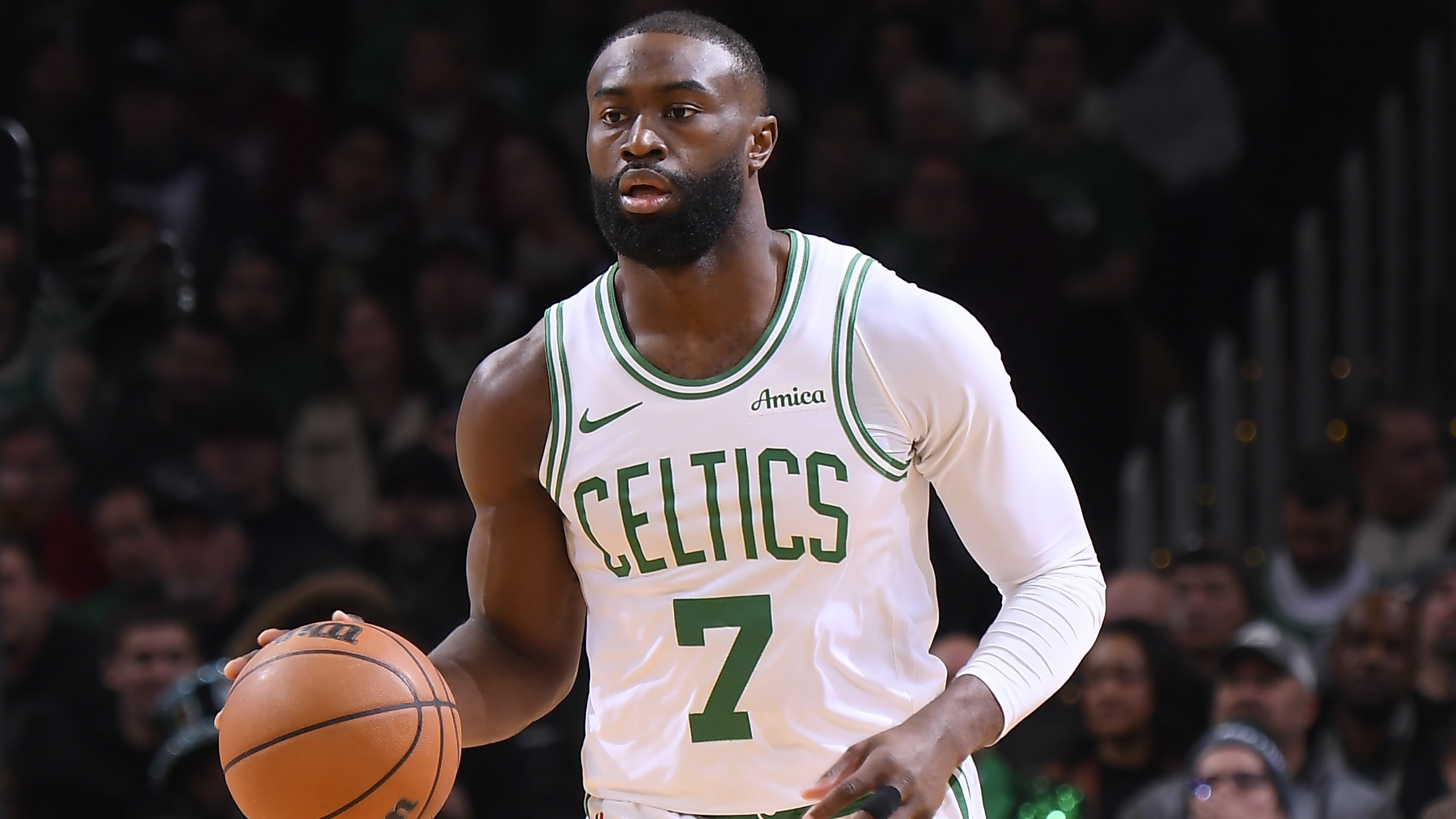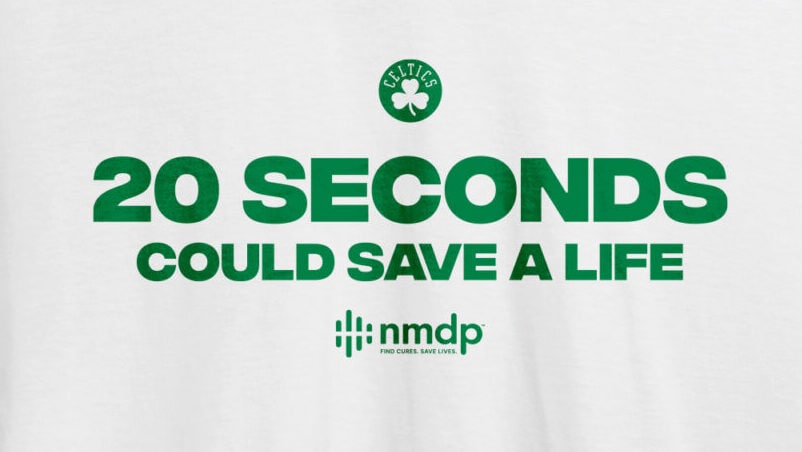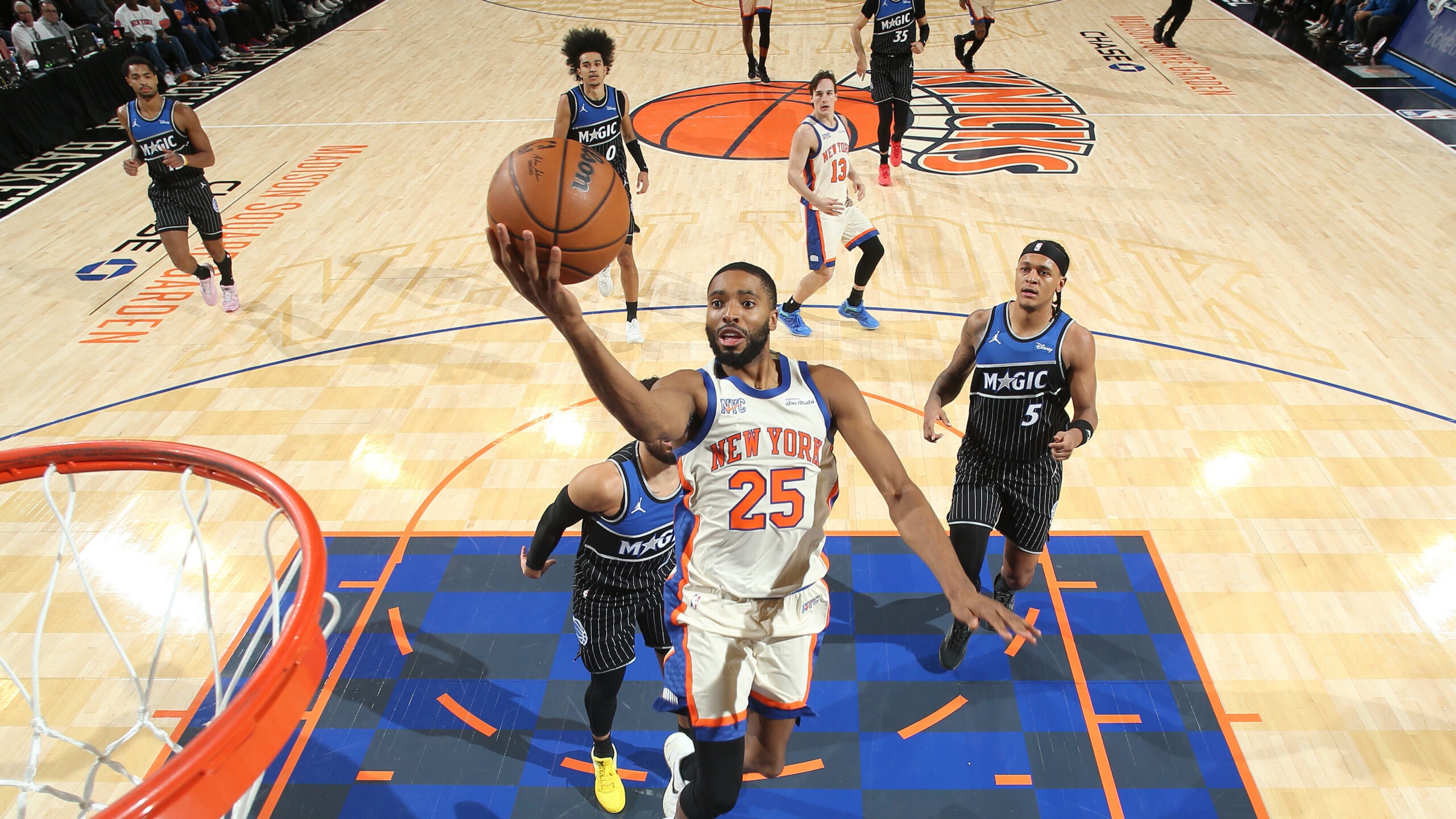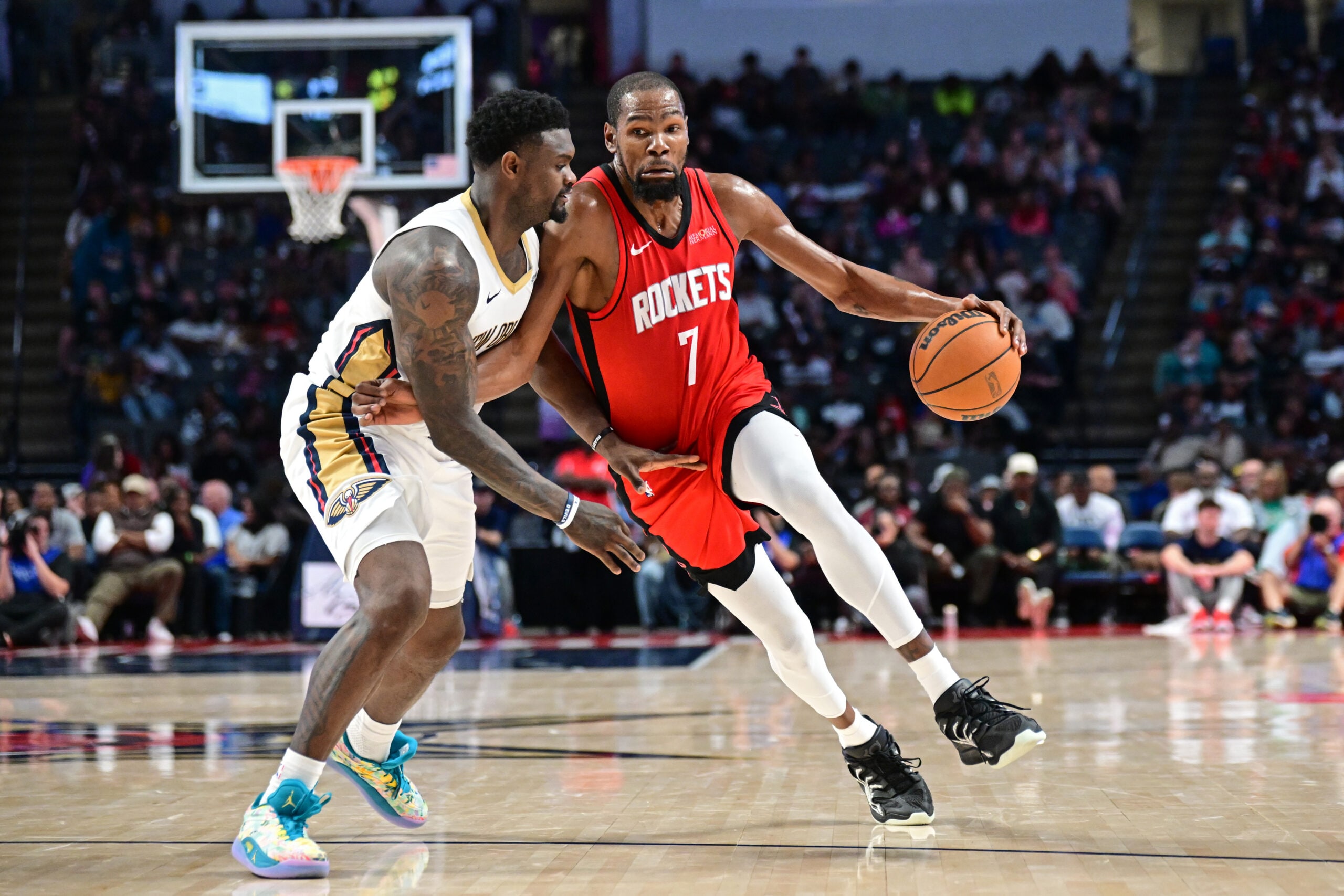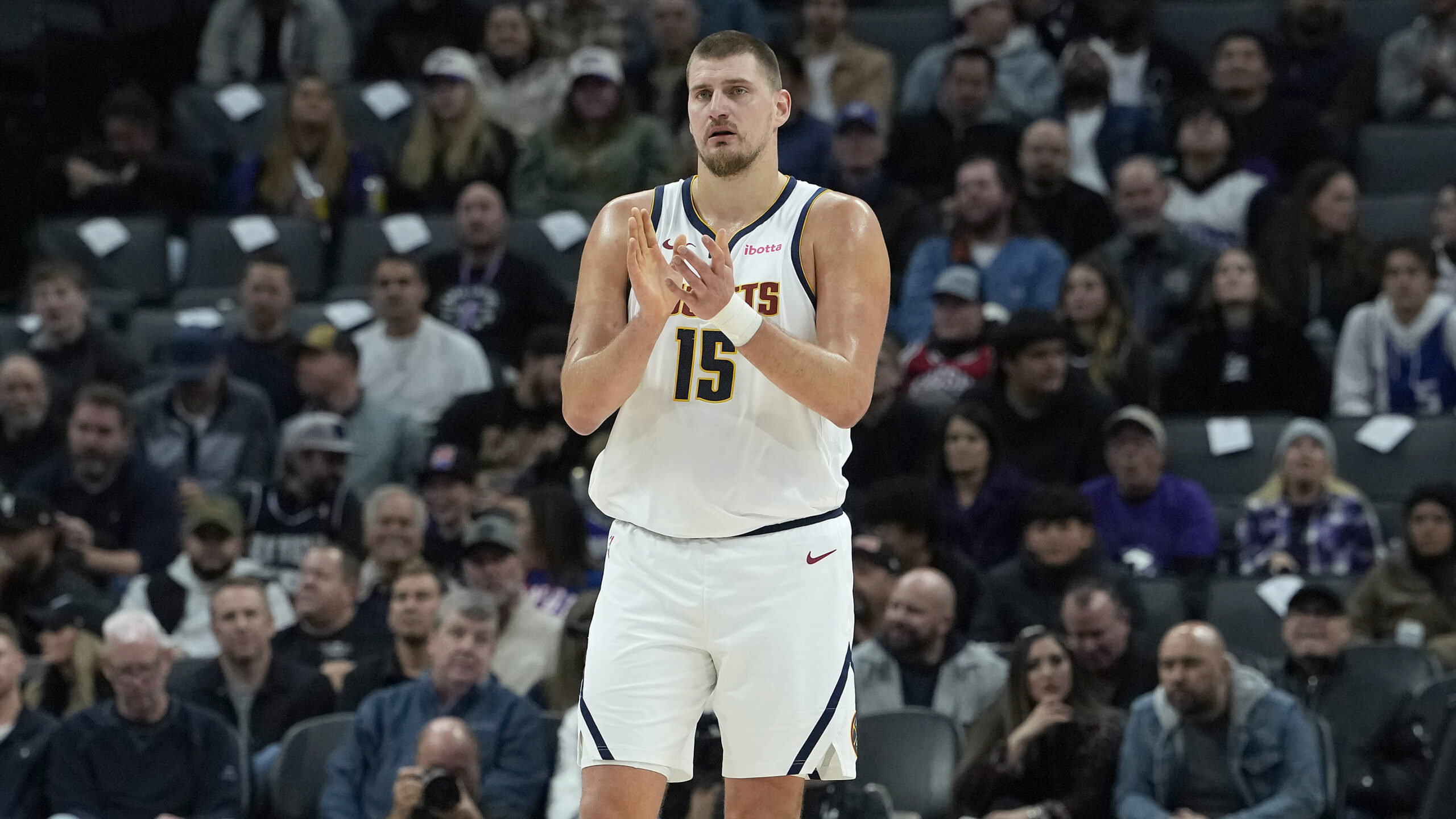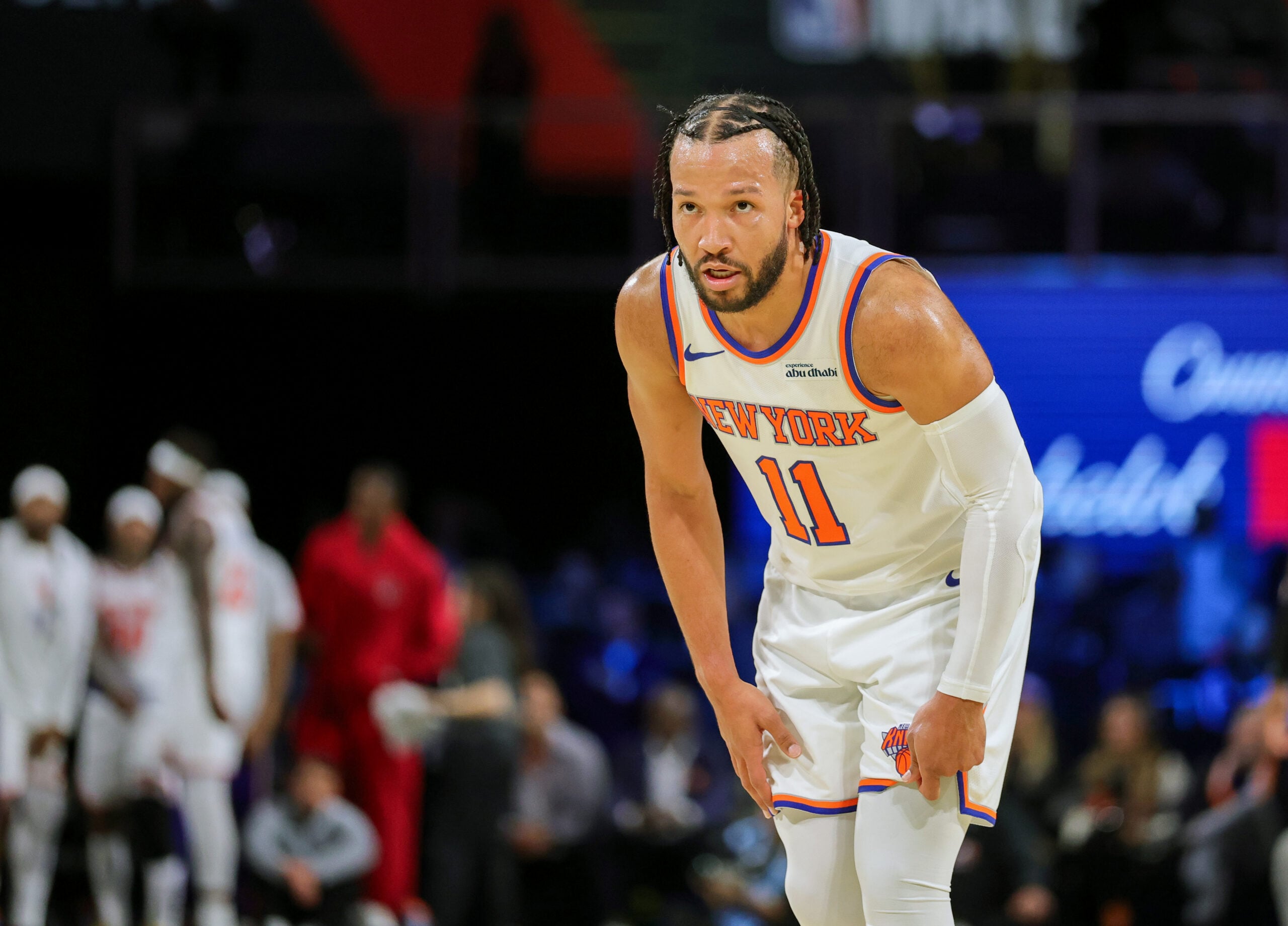
After they dominated the NBA landscape in 2014-15 en route to their first championship in 40 seasons, some wondered what the Golden State Warriors would do for an encore.
From the outset, though, the Warriors intended to make it clear that their title run was not a fluke and stormed out of the gates to open the season. Golden State won 24 straight games — the best start in NBA history — had six win streaks of five or more games, four win streaks of seven or more games and, in the end, finished the season with a league-record 73 wins.
Another championship run and Finals glory seemed certain for the Warriors as the season drew to a close. In the Eastern Conference, though, the Cleveland Cavaliers had their own designs on achieving something few had planned for them before the season began.
Aside from the Warriors’ historic campaign, other teams were making their mark on NBA annals as well. The San Antonio Spurs — behind new addition LaMarcus Aldridge and reigning Kia Defensive Player of the Year Kawhi Leonard — amassed a team-record 67 wins. A healthy Kevin Durant returned to the lineup in Oklahoma City, allowing the Thunder to reclaim Northwest Division supremacy after a one-year absence and finish at No. 3 in the West.
In the Eastern Conference, the Cavaliers finished No. 1 overall and racked up 57 wins, their most since 2009-10. Other teams in the conference had rebirths of success as well. The Detroit Pistons had a winning record for the first time in eight seasons and reached the playoffs for the first time since 2009. And the Charlotte Hornets bounced back as well after a subpar 2014-15 season, collecting their most wins since 1999-2000.
Golden State was the talk of the league all season long, though, and with good reason. Behind reigning Kia MVP Stephen Curry, the Warriors led the league in offensive rating, effective field goal percentage, true shooting percentage, 3-pointers made (1,077), field goal percentage and several other stats. Curry broke his own record for 3-pointers made in a season with 402 — the first player to ever surpass 400.
For those stats and his role in leading the Warriors to 73 wins, Curry also became the NBA’s first unanimous MVP winner.
Check out the ultimate mixtape of the record-breaking season by the Golden State Warriors.
As the playoffs began, the Warriors seemed primed to roll through the opposition en route to another Finals berth.
The Warriors eliminated the Houston Rockets in five games. Only two series went to a Game 7 in the first round and both were in the Eastern Conference — the Miami Heat ousted the Charlotte Hornets, and the Toronto Raptors defeated the Indiana Pacers. The Los Angeles Clippers, thought to be a darkhorse contender in the West, were a first-round casualty after Chris Paul and Blake Griffin suffered injuries in a first-round series with the Portland Trail Blazers. Los Angeles was then ousted in six games by the Blazers.
As the conference semifinals got rolling, the Warriors eliminated the Blazers and the East’s top seed, the Cavs, swept away the Atlanta Hawks. The Raptors again took a series to the distance and held off the Heat to reach their first East finals. Out West, the Thunder scored a major upset by toppling their longtime rivals, the San Antonio Spurs, in six games.
Toronto gave Cleveland a tough series in the East finals, but the Raptors ultimately fell to the Cavs in six games, assuring Cleveland of a second straight Finals trip. Out West, an epic series took shape. The Thunder built a 3-1 series lead on the Warriors, but couldn’t advance in Game 6. Golden State then pulled away in Game 7 to become the 10th team to win a postseason series after trailing 3-1, and only the third to do so in the conference finals.
Relive the historic Game 7 showdown between the Cavs and Warriors in the 2016 NBA Finals.
The Warriors’ ship seemed righted and momentum was on their side as they faced off in a Finals rematch with the Cavaliers. Golden State won three of the first four games in the series by an average of 19.6 points per game and held a 3-1 Finals edge. That margin had never been overcome in NBA history, but the Cavs would not be deterred.
Two-time Finals MVP LeBron James channeled some of his past greatness over the final three games, averaging 36.3 points, 11.7 rebounds, 9.7 assists, 3.0 assists and 3.0 blocks. All of those games were Cavaliers wins, including a Game 7 in Golden State in which his late block on Andre Iguodala helped seal the championship.
By winning the title, Cleveland ended a 52-year championship drought in the city and provided the top achievements in James’ storied career. He was also named Finals MVP after becoming the first player to the championship series in points, rebounds, assists, blocks and steals.
PLAYOFFS
Eastern Conference first round
Cleveland defeated Detroit (4-0)
Toronto defeated Indiana (4-3)
Miami defeated Charlotte (4-3)
Atlanta defeated Boston (4-2)
Western Conference first round
Golden State defeated Houston (4-1)
San Antonio defeated Memphis (4-0)
Oklahoma City defeated Dallas (4-1)
Portland defeated LA Clippers (4-2)
Eastern Conference semifinals
Cleveland defeated Atlanta (4-0)
Toronto defeated Miami (4-3)
Western Conference semifinals
Golden State defeated Portland (4-1)
Oklahoma City defeated San Antonio (4-2)
Eastern Conference finals
Cleveland defeated Toronto (4-2)
Western Conference finals
Golden State defeated Oklahoma City (4-3)
NBA Finals
Cleveland defeated Golden State (4-3)
SEASON LEADERS
Points — Stephen Curry, Golden State Warriors (30.1)
Assists — Rajon Rondo, Sacramento Kings (11.7)
Rebounds — Andre Drummond, Detroit Pistons (14.8)
Steals — Stephen Curry, Golden State Warriors (2.1)
Blocks — Hassan Whiteside, Miami Heat (3.7)
FG% — DeAndre Jordan, LA Clippers (70.3)
FT% — Stephen Curry, Golden State Warriors (90.7)
3PT% — JJ Redick, LA Clippers (47.5)
AWARD WINNERS
Most Valuable Player — Stephen Curry, Golden State Warriors
Rookie of the Year — Karl-Anthony Towns, Minnesota Timberwolves
Defensive Player of the Year — Kawhi Leonard, San Antonio Spurs
Most Improved Player — C.J. McCollum, Portland Trail Blazers
Sixth Man of the Year — Jamal Crawford, LA Clippers
Coach of the Year — Steve Kerr, Golden State Warriors
All-Star Game MVP — Russell Westbrook, Oklahoma City Thunder
Finals MVP — LeBron James, Cleveland Cavaliers



